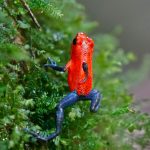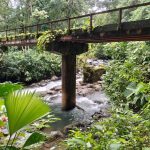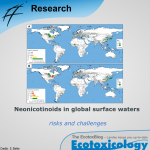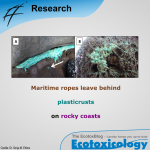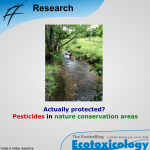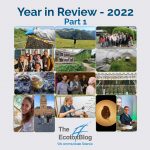In this blog post, Carsten Brühl is explaining the background and findings of a review produced together with colleagues of the Central American Institute for Studies on Toxic Substances (IRET) at Universidad Nacional (UNA), in Costa Rica that focusses on pesticide use in banana plantations and addresses exposure and effects in environment and human health. The review is the result of a DFG – Conare collaboration funding.
Continue readingThe Impact of Pesticides on Biodiversity: A Case Study of Banana Production in Costa Rica
